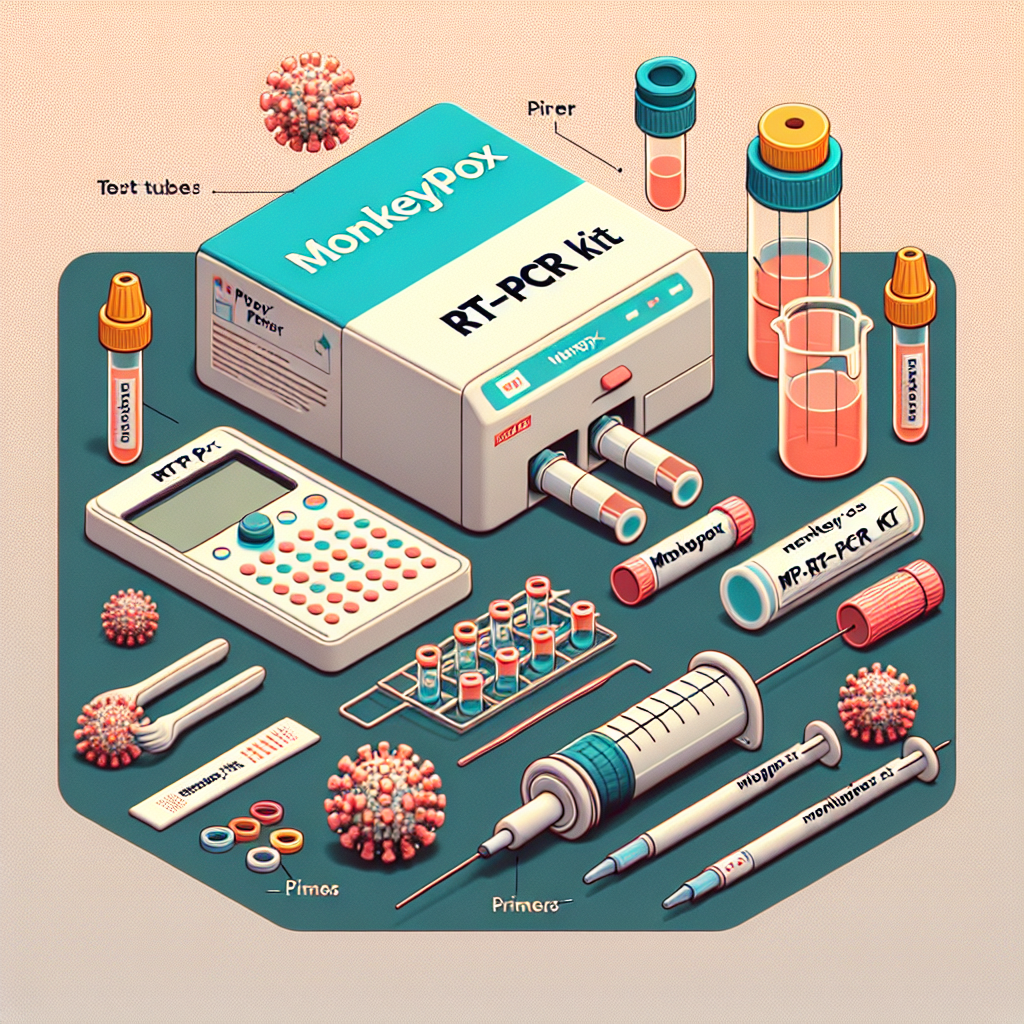Greece Enforces Livestock Movement Ban Amid Pox Outbreak
Greece has implemented a 10-day ban on the movement and reproduction of sheep and goats following the detection of over 100 pox infections. The agriculture ministry aims to contain the virus's spread, affecting the livestock sector but not humans. Investigations are ongoing to trace the outbreak's origin.

- Country:
- Greece
In a proactive move, Greece has enforced a 10-day ban on the transportation and reproduction of sheep and goats across its territory. This decision comes after more than 100 pox cases were detected, according to the agriculture ministry. The spread of this virus, which poses no threat to humans, prompted these precautionary measures.
The outbreak has mainly been concentrated in the northern Evros region, with 104 cases detected and around 17,500 animals culled so far. The authorities are currently investigating the outbreak's origin and are conducting tests in the affected areas, adhering to EU regulations.
Greece boasts the largest goat population in Europe, with their milk being essential for feta cheese, a vital economic product. Agriculture Minister Costas Tsiaras announced the temporary halt in livestock movement, echoing similar restrictions imposed in June to combat a separate viral infection known as "goat plague."
(With inputs from agencies.)










